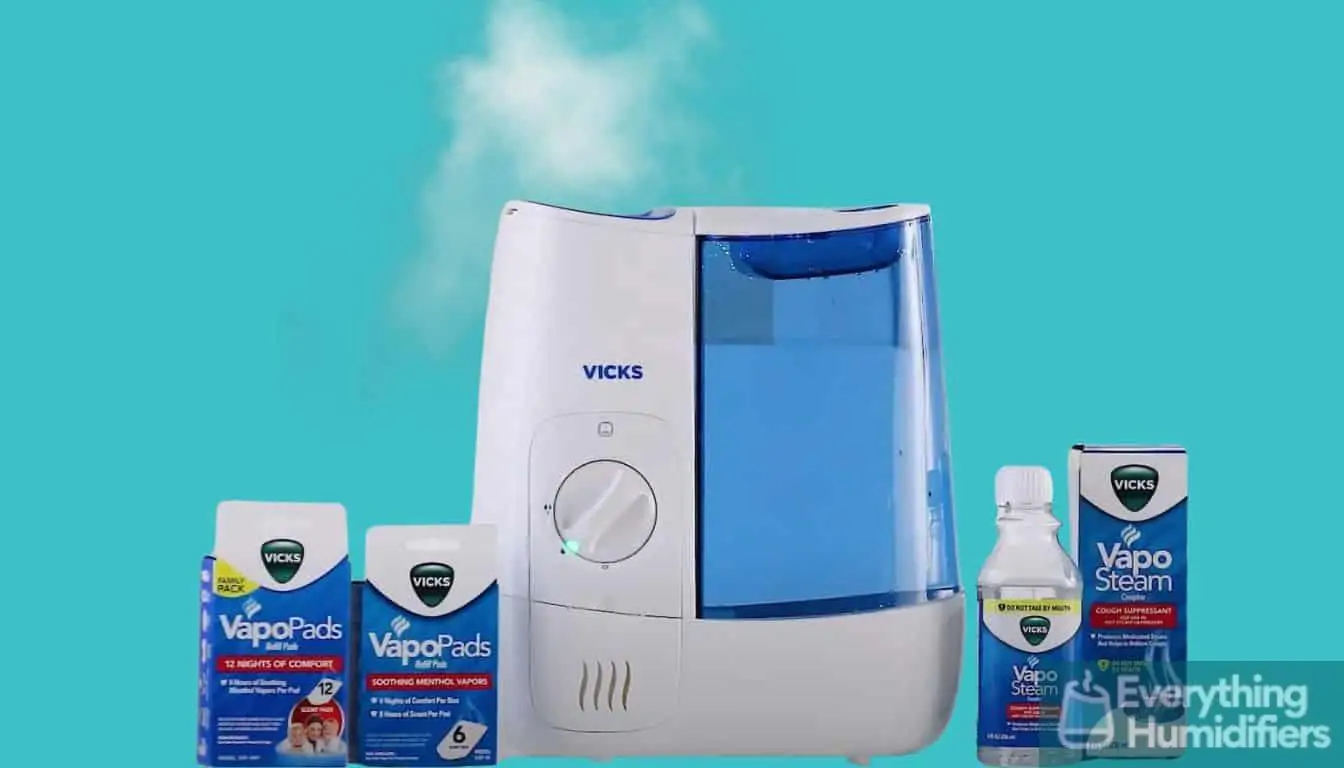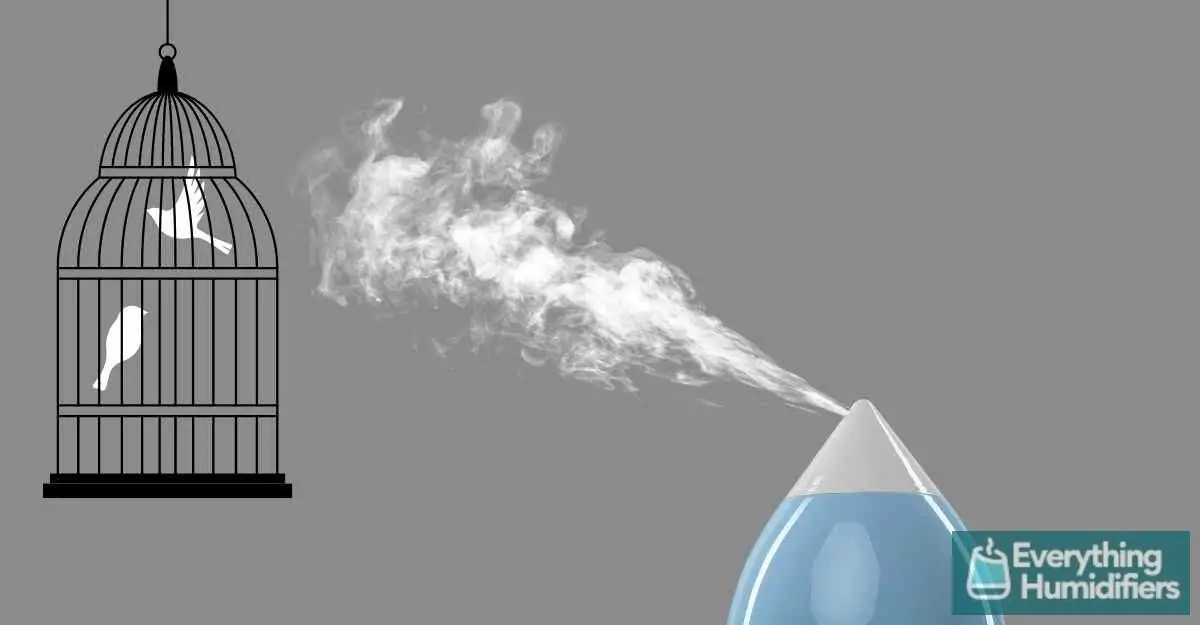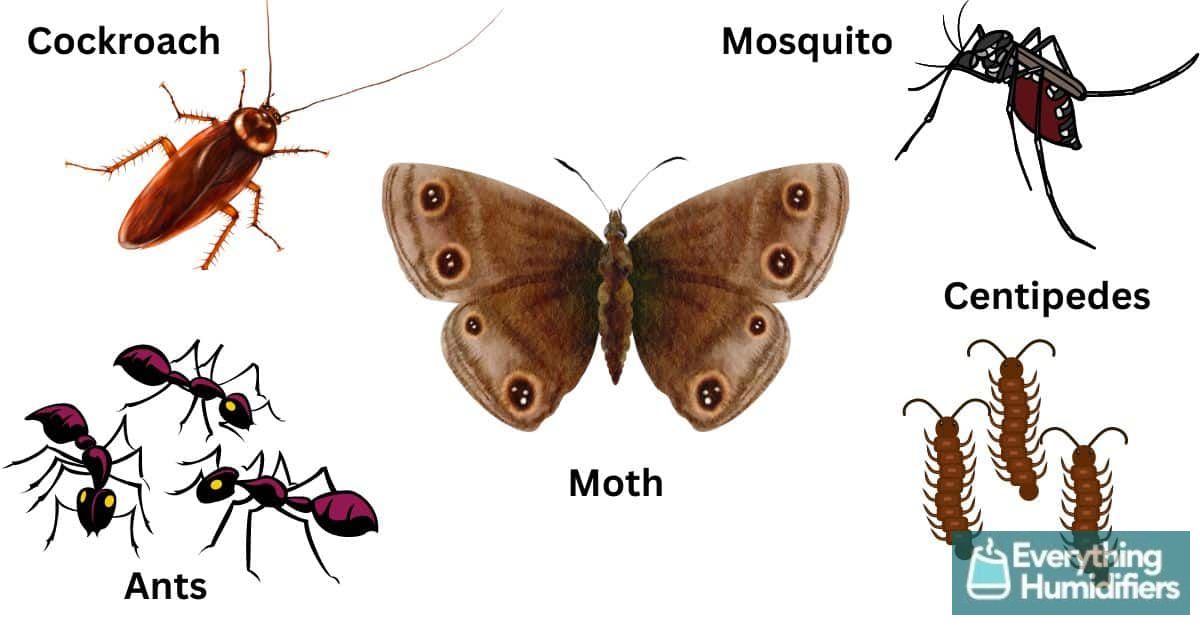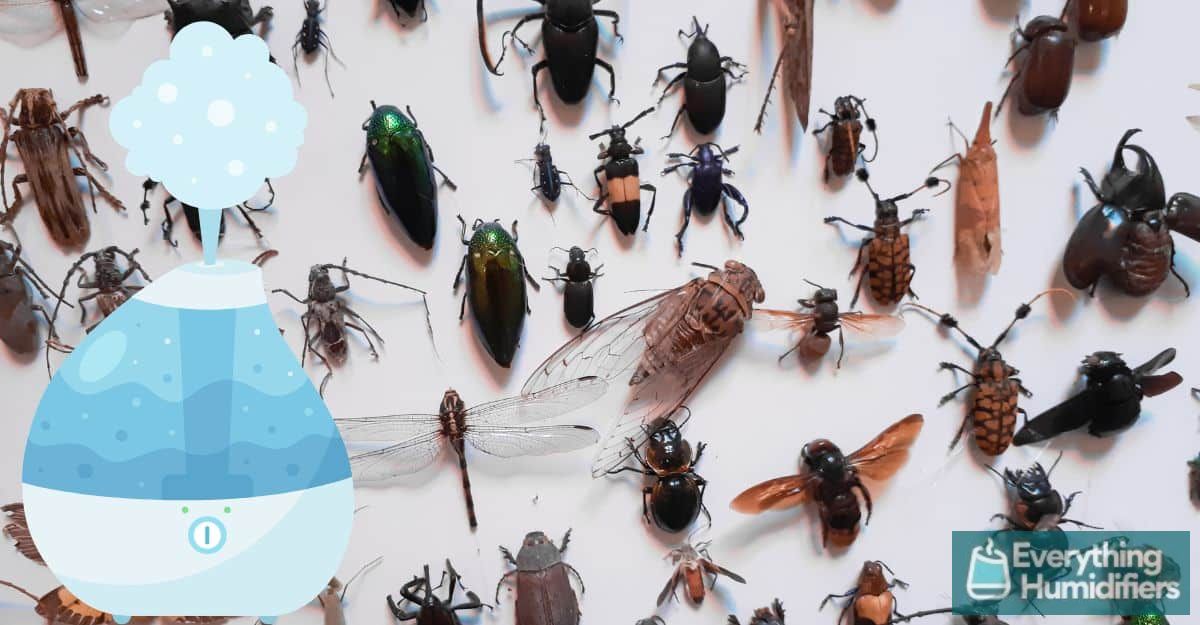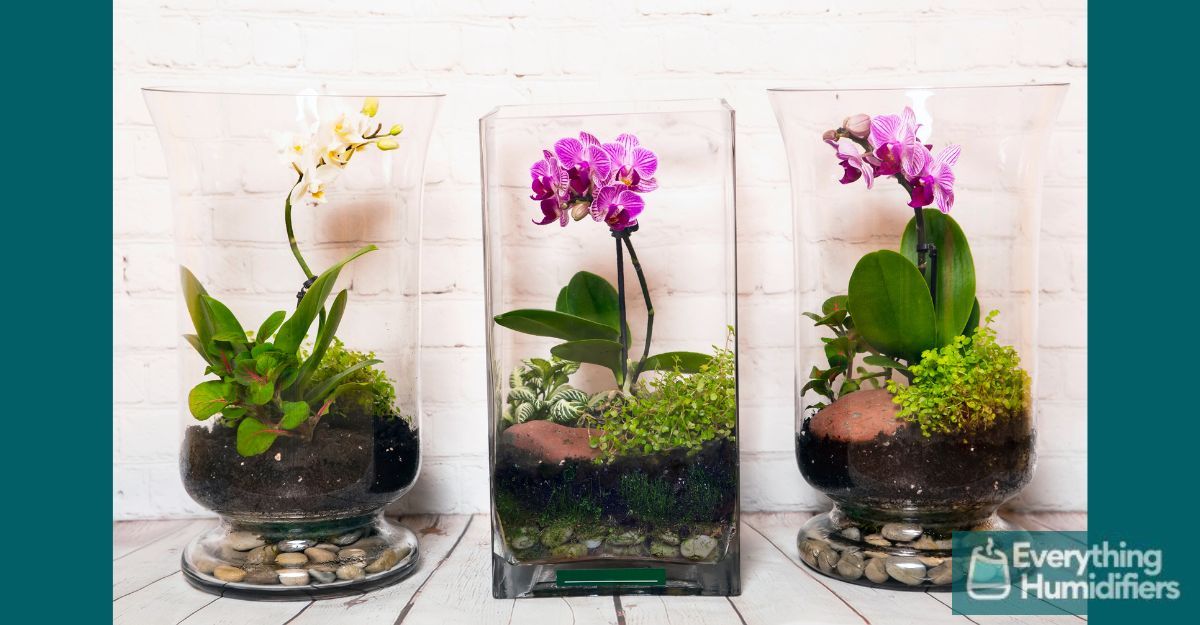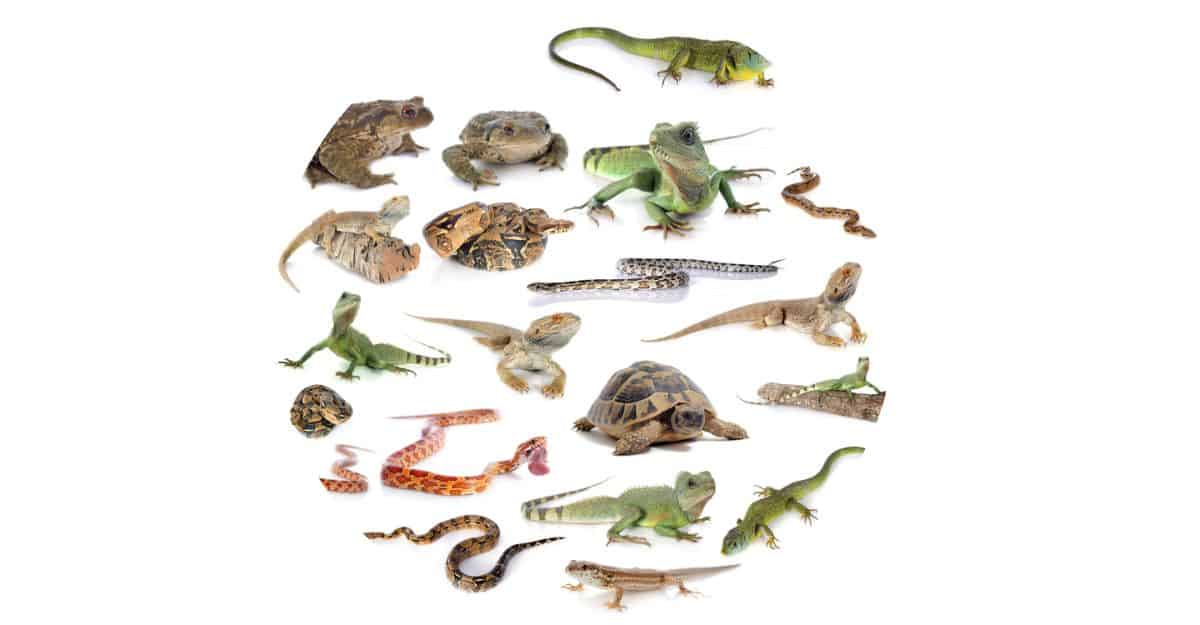Dry eyes can be caused by the air in your home having a very low humidity level. By installing a humidifier for dry eyes, you will go a long way toward helping your family with screen time dry eyes.
Your eyes can feel itchy, gritty, and sore. They can become red, and in severe cases, your vision may be blurry.
Let’s look a bit closer at healthy eyes
Healthy eyes naturally have tears, and while you are certainly not crying all the time, your tears are constantly playing a vital part in keeping your eyes lubricated.
Tears are made up primarily of water. They also contain fatty oils, salt, and a large number of different proteins.
Tears have 3 layers and each one has a unique function:
- The mucous layer helps the tear to stick to your eye.
- The aqueous layer is a thick layer that keeps the eyes hydrated. It also protects the cornea.
- The oily layer prevents the mucous and aqueous layers from evaporating and forms a film that you can see through.
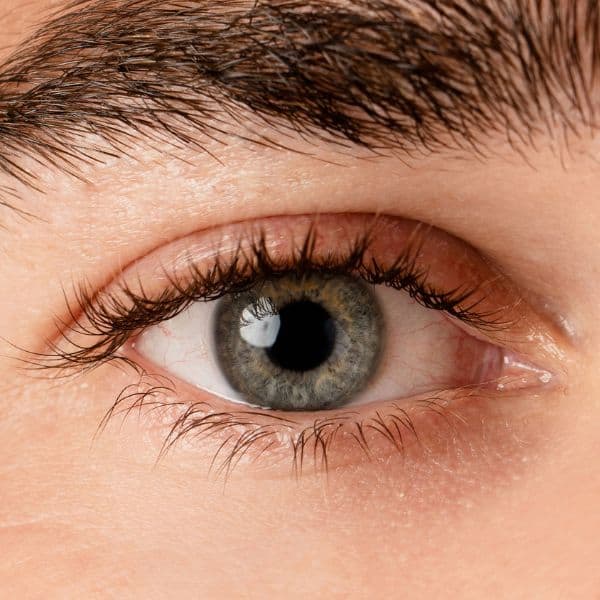
To distinguish between the different types of tears, here are some official names to add to your trivia-answer list!
Basal Tears
These tears are the ones that keep your eyes lubricated. They supply nutrients to the outer layers of the eye and protect the cornea. Dry eye syndrome greatly reduces the formation of Basal tears.
Reflex tears
These tears are produced as a reflex to a trigger, for example, dust flying into your eye. Dry eye syndrome can cause an excessive amount of Reflex tears as the eye struggles to maintain a correct balance.
Emotional tears
Probably the most well-known tears. They can be tears of joy, sorrow, frustration, or other overwhelming emotions.
Dry eyes and screen time

We all know that spending excessive time in front of computer screens, touchscreens, and TV screens is not good for your eyes (or your well-being!).
Staring at screens for long hours can cause eye irritation, sore eyes, and dry eyes. The production of basal tears is affected and this leads to dry eyes.
When you stare at a screen for hours, you tend to blink less often. This causes basal tears to evaporate faster, drying out the eyes.
Here are some steps you can take to reduce eye stress when working on computer screens, touch screens, or tablets.
| 1. Try to blink more often to lubricate your eyes. |
| 2. Use eye drops to keep your eyes moist. |
| 3. Look away from your work every 20 minutes and take a break. |
| 4. Install a humidifier to add moisture to the air in your workspace. |
| 5. Avoid smoking when you work. |
| 6. If your symptoms are severe, seek medical attention, there are prescription medications that will help. |
An interesting article from the American Academy of Pediatrics goes into detail on the subject of the effect of dry eyes and screen time.
Screen time dry eyes – symptoms
When tears do not have enough moisture, the balance of components is affected. Your tears evaporate too fast and this causes your eyes to dry out.

Eyes that are dry can create a range of unpleasant symptoms. Here are some to look out for:
| A stinging or burning feeling | Sticky eyelids on waking up |
| Pain when wearing contact lenses | Tired eyes after reading |
| Double vision | Blurry vision |
| Sensitivity to wind | Sensitivity to smoke |
| Sensitivity to light | Sore eyes |
| Difficulty keeping your eyes open | Eye redness |
| Eyes that water | Gritty feeling behind the eyes |
| Mucus in or around the eyes |
Other factors can also cause dry eyes
| Very dry climates | Windy weather |
| Living at high altitudes | Exposure to smoky environments |
| Wearing contact lenses | Air conditioners |
| Indoor heating systems | Hair dryers blowing on your face |
| Fans blowing on your face |
How does a humidifier help?
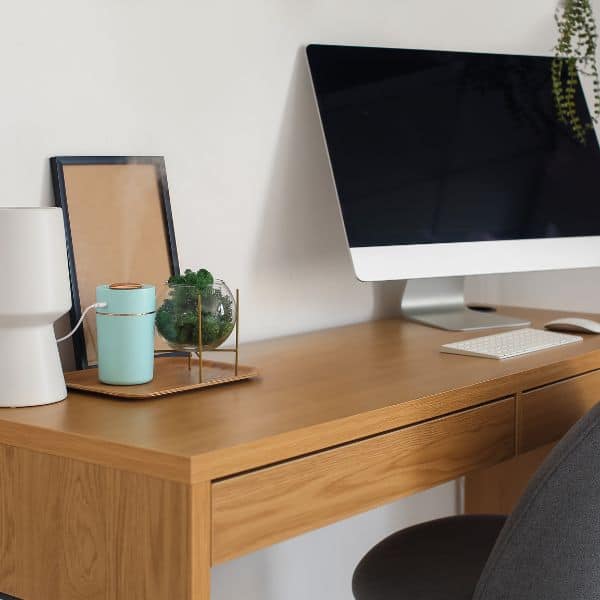
If you are not suffering from a condition that requires medical attention, installing a home humidifier will go a long way toward preventing you from getting dry eyes. In a home environment, the entire family, including children will benefit.
A humidifier dispenses moisture into the air. Depending on the type of humidifier you buy, it can do this by heating water and dispensing warm mist, using ultrasonic technology to dispense mist, or using a fan to pull water through a filter. Find out more about different types of humidifiers.
By increasing the moisture content in the air, your humidity level is raised and the air becomes less dry. When your air is moist, you will reduce the chance of struggling with dry eye syndrome.
Humidity is the amount of moisture in the air. An average home ideally would have a humidity of between 30% to 50%. If your percentage reading drops below 40%, the air will be very dry and can cause dry eyes.
To easily measure the humidity in your home, you can purchase a small inexpensive device called a hygrometer. This machine indicates the humidity percentage. Some models also show you the temperature.
Summary
Dry eyes can be a very uncomfortable ailment that affects both adults and children. It is often caused by dry air in the home.
This may be due to geographical factors like climate, high elevations, and weather. It can also be caused by man-made conditions. Air conditioners, heating systems, drafts, and fans can dry the air, reducing humidity and sucking moisture out of the air. Air that lacks moisture can affect the basal tears that help keep eyes moist, clean, and free of bacteria.
Check our reviews to find the humidifier that will work best for the area in your home where screen time is the focus.
Using a humidifier in your home can help alleviate and even prevent dry eye syndrome.
Reminder – if you have any doubt or the condition persists, there may be other underlying causes and we recommend you consult a medical practitioner. Our eyes help us so much, a little effort on our part can ensure we see clearly for a lifetime!


